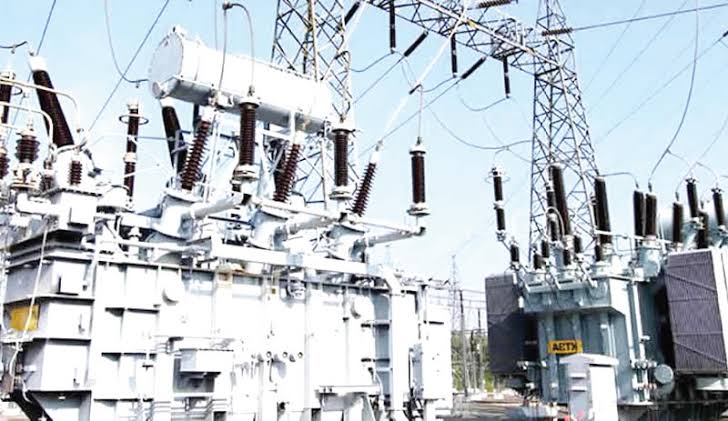/ News
Views: 490
Nigeria loses ₦2bn Annually to power deficit – UNDP raises alarm

Nigeria’s persistent power challenges are costing the nation over ₦2 billion annually, the United Nations Development Programme (UNDP) has disclosed. The damning revelation was made by Elsie Attafuah, the UNDP Resident Representative in Nigeria, during the First National Legislative Conference and Expo on Renewable Energy held in Lagos.
The event, jointly organized by the House of Representatives Committee on Renewable Energy and the UNDP Parliamentary Development Programme, brought together lawmakers, international experts, and state energy officials to tackle Nigeria’s deepening electricity crisis.
Attafuah emphasized the toll unreliable power takes on productivity—particularly in agriculture, where the lack of electricity for storage and processing leads to the massive waste of perishable crops like yam, fruits, and vegetables. She noted that this issue also exacerbates poverty and unemployment.
“Power inadequacy is not just an energy issue; it is an economic and social crisis,” Attafuah said. She added that the UNDP’s recent interventions in northern Nigeria—where solar-powered facilities were provided to local farmers—have already begun showing results through increased productivity and improved livelihoods.
In his keynote address, Speaker of the House of Representatives, Rt. Hon. Tajudeen Abbas, called for swift and strategic action, stating that Nigeria can no longer afford to delay its energy transition.
“We must accelerate our shift to renewable energy—not just for environmental protection, but for economic survival,” Abbas declared. He revealed that legislative efforts are already underway, including the removal of Value Added Tax (VAT) on renewable energy technologies and compressed natural gas (CNG), in a bid to stimulate investment and lower costs.
Abbas pointed to global trends as a warning and a guide. “In 2024, 92% of newly installed global electricity capacity came from renewables. And in 2023 alone, $1.7 trillion out of a total $2.8 trillion in energy investments went into renewables,” he said. “Nigeria must position itself now or risk being left behind.”
Lawmakers, according to Abbas, are also reviewing and reinforcing the federal government’s Renewable Energy and Energy Efficiency Policy (2015) and working with stakeholders to promote clean cooking fuels—both for public health and environmental sustainability.
Chairman of the House Committee on Renewable Energy, Hon. Victor Ogene, underscored the importance of breaking Nigeria’s reliance on fossil fuels. “Our dependence on conventional energy sources continues to limit industrial growth and job creation. This conference is a deliberate step toward scaling up our clean energy ambitions,” he noted.
State representatives from Abia, Enugu, and Osun also shared perspectives on their local power struggles and stressed the urgency of federal support for developing long-term, sustainable energy infrastructure.
The high-level gathering featured notable international guests including Prof. Benard Afliator from Ghana’s Parliament and Anika Altaf from the INCLUDE Knowledge Platform, who echoed the need for inclusive, cross-border energy collaboration.
As Nigeria grapples with the implications of its energy shortfalls, this legislative push for renewable energy reform may mark a turning point in the country’s path toward economic resilience and environmental justice.